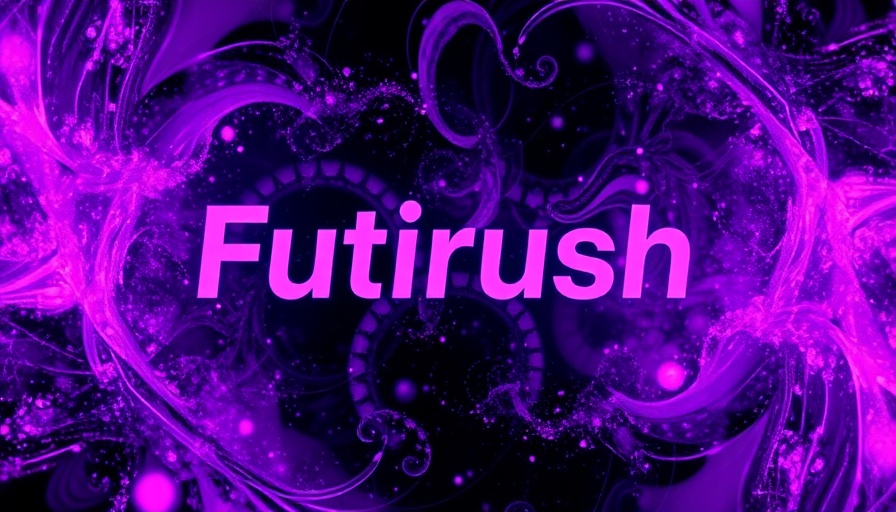
The Impact of AI Chatbots on Journalism: A Closer Look
In an era where technology continues to evolve, the emergence of AI chatbots has sparked significant concern among publishers and media houses. Recent research reveals that chatbots, particularly those from companies like OpenAI and Google, are robbing publishers of essential traffic, leading to devastating financial repercussions. According to data from content licensing platform TollBit, AI chatbots are responsible for a staggering 96% decline in web traffic to publishers’ sites compared to traditional search engines.
Understanding the Traffic Decline
TollBit's analysis of 160 news and blogging publishers shows AI bots scraping their content nearly two million times in the last quarter of 2024. This frequent scraping often leaves publishers with no discernible benefits, as each page is ‘clicked’ seven times on average but generates no ad revenue. Toshit Panigrahi, CEO of TollBit, emphasized that there is a necessary demand for original publisher content, yet AI chatbots are facilitating a dangerous trend that undermines this value.
Emerging Lawsuits and Publisher Responses
A stark example of the fallout from this traffic decline is Chegg, an edtech company that has initiated a lawsuit against Google. Chegg claims that Google’s AI Overview feature has severely impacted their ad revenue by using Chegg's content without fair compensation. The CEO of Chegg acknowledged the depth of the harm, revealing that if trends continue, the company might consider going private or being acquired—a drastic measure indicative of the severity of the situation.
The Broader Implications for the Publishing Industry
As AI tools like those offered by Google and Microsoft gain popularity, the traditional model for revenue generation in journalism faces an existential threat. Many publishers, including major entities like Condé Nast and Vice, are already mobilizing to protect their interests, forming task forces to explore possible solutions and advocating for better compensation for content used by AI services.
How Traditional Search Engines Differ from AI Chatbots
Publishers are particularly concerned because AI chatbots deliver comprehensive answers to inquiries directly without the need for users to navigate away from their platforms. This scenario drastically reduces the chances of users clicking through to original news sites. Additionally, by summarizing information instead of providing links, these bots contribute to what some have termed the 'Wikipedia-ization' of online content, where concise answers replace rich, nuanced journalism.
Future Speculations: Where Do We Go from Here?
Given the trajectory of AI technologies, the publishing industry may have to reinvent itself to survive. While it remains uncertain how this conflict will resolve, there is an ongoing discourse around establishing a more equitable relationship between publishers and AI developers. The potential for AI technologies to provide beneficial partnerships with content creators also hinges on negotiations that respect the integrity and monetary rights of original publishers.
The challenge remains for publishers to adapt quickly and find innovative ways to leverage AI while safeguarding their content from exploitation. As media companies continue to analyze these developments, we might see new standards evolve within the industry regarding the use of creative content.
Call to Action: Engage with the Future of AI
Acknowledging the significance of these changes is critical not only for industry stakeholders but also for consumers of news. Engaging with AI technology responsibly can help ensure it complements and elevates journalism rather than diminishes it. Explore how AI tools can be integrated into your workflows while advocating for ethical practices around content usage.
 Add Row
Add Row  Add
Add 




 Add Row
Add Row  Add
Add 

Write A Comment